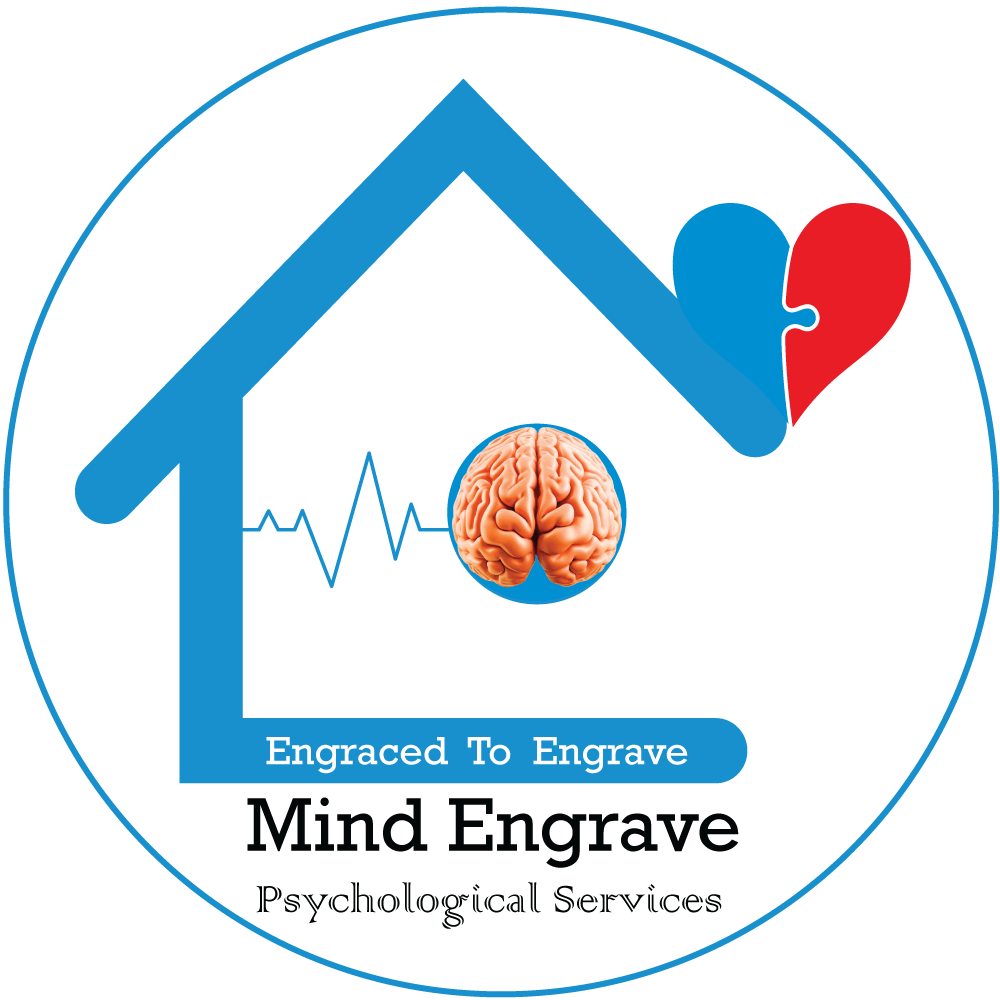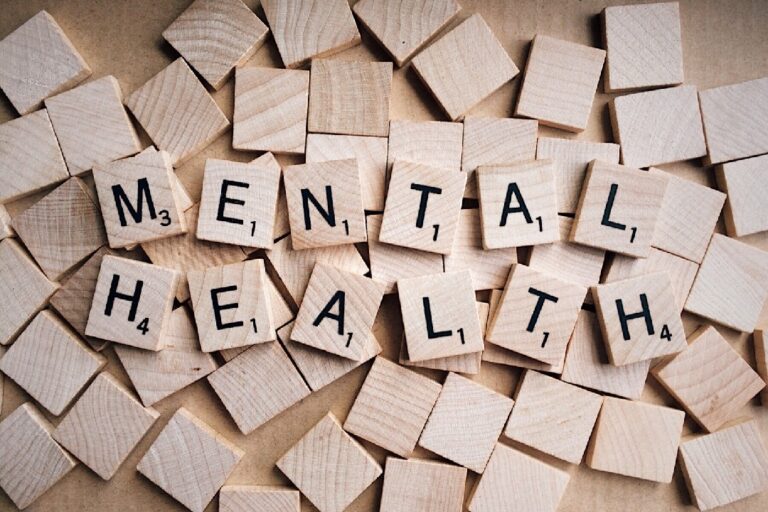Insomnia: What It Is, Causes, Symptoms & Treatment
Insomnia is a widespread sleep disorder characterized by persistent difficulty falling asleep, staying asleep, or obtaining restorative rest. Insomnia is far more than an occasional restless night; it is a complex and pervasive sleep disorder that can undermine every aspect of daily living. At its core, insomnia manifests through a constellation of Signs of Insomnia that, when recognized early, can prompt timely intervention. Individuals may find themselves lying awake for prolonged periods before finally drifting off, only to awaken repeatedly throughout the night or rise far too early unable to return to sleep. This pattern of non-restorative sleep leaves people feeling perpetually fatigued, mentally foggy, irritable, and emotionally fragile during waking hours. Beyond mere physical exhaustion, they may notice increased forgetfulness, impaired concentration, and a growing anxiety about their inability to sleep, thus perpetuating a vicious cycle of sleep-related worry and wakefulness.
Behind these telltale signs lie myriad Causes of Insomnia, spanning psychological, physiological, environmental, and behavioral domains. Chronic stress and unrelenting anxiety are among the most potent psychological triggers, as the mind’s heightened alertness and ruminative thought patterns resist the natural winding down process. Likewise, mood disorders such as depression often involve dysregulated neurotransmitters and persistent negative thinking that fragment sleep architecture. On the physiological front, chronic pain conditions, arthritis, migraines, lower back pain, and neurological disorders such as Parkinson’s or Alzheimer’s disease directly disrupt the body’s ability to attain comfortable, sustained rest. Hormonal fluctuations during menopause or due to thyroid dysfunction further destabilize sleep cycles. Environmental factors, too, play a role: noise pollution, excessive artificial light, and an uncomfortable sleep setting such as an unsupportive mattress, improper room temperature, can awaken or prevent sleep. Lastly, certain lifestyle habits compound these issues. These include erratic bedtimes, overuse of caffeine or alcohol in the afternoon and evening, and a sedentary daytime routine, reduce the body’s natural drive to sleep at night, making insomnia both a cause and consequence of modern living.
The Effects of Insomnia extend well beyond groggy mornings. Cognitively, sleep deprivation impairs memory consolidation, slows reaction times, and diminishes problem-solving skills, raising the likelihood of errors, accidents, and diminished workplace performance. Emotionally, the chronic toll of insomnia fosters heightened irritability, reduced stress tolerance, and escalated risk for mood disorders like anxiety and depression. Physiologically, interrupted sleep interferes with the balance of appetite-regulating hormones (ghrelin and leptin) often leading to weight gain and metabolic dysregulation. It also elevates stress hormones such as cortisol, contributing to increased blood pressure and a growing vulnerability to heart disease. Moreover, the immune system suffers, making individuals more susceptible to infections and prolonging recovery times. The cumulative effect on Quality of Life (QoL) is profound. These are strained relationships, diminished social engagement, and lower overall life satisfaction. These become all too common when restful sleep remains elusive.
In many cases, insomnia does not occur in isolation but is intertwined with other health challenges. In essence, there are possible Comorbid of Insomnia that can both fuel and be aggravated by sleep disturbances. Mood disorders top this list, with depression and generalized anxiety often existing in a bidirectional relationship with insomnia, each exacerbating the other in a pernicious feedback loop. Chronic pain syndromes such as fibromyalgia, arthritis, back disorders, pose a dual burden of physical discomfort and sleep disruption. Respiratory conditions like sleep apnea introduce repeated breathing interruptions, while asthma can flare at night, awakening the sufferer. Gastrointestinal issues such as acid reflux or irritable bowel syndrome commonly worsen when lying flat, further fragmenting sleep. Even neurological conditions like restless legs syndrome, which triggers uncomfortable sensations and irresistible leg movements at night, can rapidly erode sleep quality. Recognizing these Possible Comorbid of Insomnia is essential, as effective management often requires addressing both insomnia and its medical companions in tandem.
Fortunately, a robust arsenal of strategies exists for the Management of Insomnia, empowering individuals to reclaim restorative sleep through a combination of behavioral, environmental, and, where appropriate, medical interventions. Foundational to any management plan is the practice of good sleep hygiene. This begins with cultivating a consistent sleep-wake schedule, retiring and rising at the same times each day, even on weekends, to reinforce the body’s internal clock. Optimizing the bedroom environment follows. The room should be dark, quiet, and cool, with blackout curtains, white noise machines, or earplugs deployed as needed. Establishing a calming pre-sleep routine, reading, gentle stretching, or mindfulness meditation for 30 to 60 minutes before bedtime, helps signal the brain that it is time to rest. Daytime habits matter as well. Avoiding naps longer than 20 minutes (and not after mid-afternoon), moderating caffeine and alcohol intake, and engaging in regular physical activity, ideally in the morning or early afternoon, strengthen the body’s natural sleep drive.
When sleep hygiene alone proves insufficient, Cognitive Behavioral Therapy for Insomnia (CBT-I) stands out as the gold-standard non-pharmacological treatment. CBT-I targets the cognitive and behavioral patterns that perpetuate insomnia. Through stimulus control, individuals learn to associate the bed strictly with sleep by eliminating non-sleep activities such as reading, watching television, or worrying, in the bedroom. Sleep restriction therapy matches time in bed with actual sleep time, gradually expanding it as sleep efficiency improves, thereby consolidating rest. Cognitive restructuring challenges and reframes unhelpful beliefs about sleep, such as the conviction that “I’ll never fall asleep,” reducing anxiety and facilitating relaxation. Lastly, relaxation techniques such as progressive muscle relaxation, deep breathing exercises, and guided imagery, provide practical tools to calm the nervous system and ease the transition into sleep.
In cases where immediate or short-term relief is necessary, pharmacological options may complement behavioral therapies under professional guidance. Prescription medications, including certain benzodiazepine receptor agonists, melatonin receptor agonists, and sedating antidepressants, can help break the cycle of sleeplessness, though they are typically recommended for limited durations due to potential side effects and dependency risks. Over-the-counter aids, like melatonin supplements or antihistamines, may offer mild assistance but should be used judiciously and with an awareness of possible next-day drowsiness or residual grogginess.
Crucially, effective Management of Insomnia also involves the treatment of underlying or coexisting conditions. For those with chronic pain, targeted pain management strategies such as physical therapy, pain-relieving medications, or alternative therapies, such as acupuncture can significantly reduce nighttime discomfort. Mood disorders benefit from psychotherapeutic interventions and, when indicated, antidepressant medications that address both depression and insomnia symptoms. Respiratory conditions like sleep apnea often require medical devices such as continuous positive airway pressure (CPAP) machines, or lifestyle modifications such as weight management. Gastrointestinal reflux may respond to dietary adjustments, elevation of the head during sleep, or acid-suppressing medications. By integrating solutions for both insomnia and possible comorbid, individuals can achieve more comprehensive and lasting improvements in sleep quality.
Ultimately, insomnia is not an intractable fate but a signal that the body and mind require a recalibration of habits, thoughts, and environments. Progress begins with awareness (that is, learning to recognize the signs) and extends through a compassionate exploration of the Causes of Insomnia, the acknowledgment of its far-reaching effects, and the identification of any possible comorbid that may be entwined with one’s experience. Armed with this understanding, individuals can embrace a personalized toolkit for the management of insomnia, from disciplined sleep hygiene to the structured support of CBT-I and, when necessary, carefully monitored medical interventions. In doing so, they not only restore the gift of restorative sleep but also unlock the transformative potential of a well-rested body and mind. That is, sharper cognition, steadier emotions, robust physical health, and an enriched quality of life. Restful nights pave the way for brighter days, reminding us that sleep is not a luxury but the very foundation of human flourishing.

Odusanya Adedeji
Odusanya Adedeji A., is a Licensed & Certified Clinical Psychologist whose domain of expertise cuts across management of specific mental health issues such as, Depression, PTSD, Anxiety & Anxiety related disorders, substance use disorder, etc












